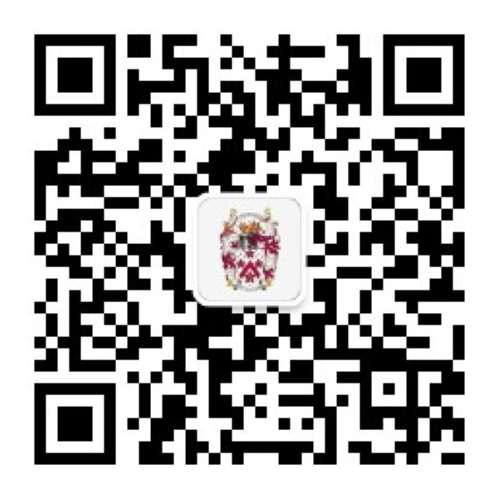No Carbon November at DHZH
No Carbon November is a Green tradition at Dulwich Zhuhai, as well as among our sister schools.
This year, Dulwich Zhuhai’s No Carbon November covered a series of activities in and beyond the classroom.

The Carbon Reduction Bingo Challenge
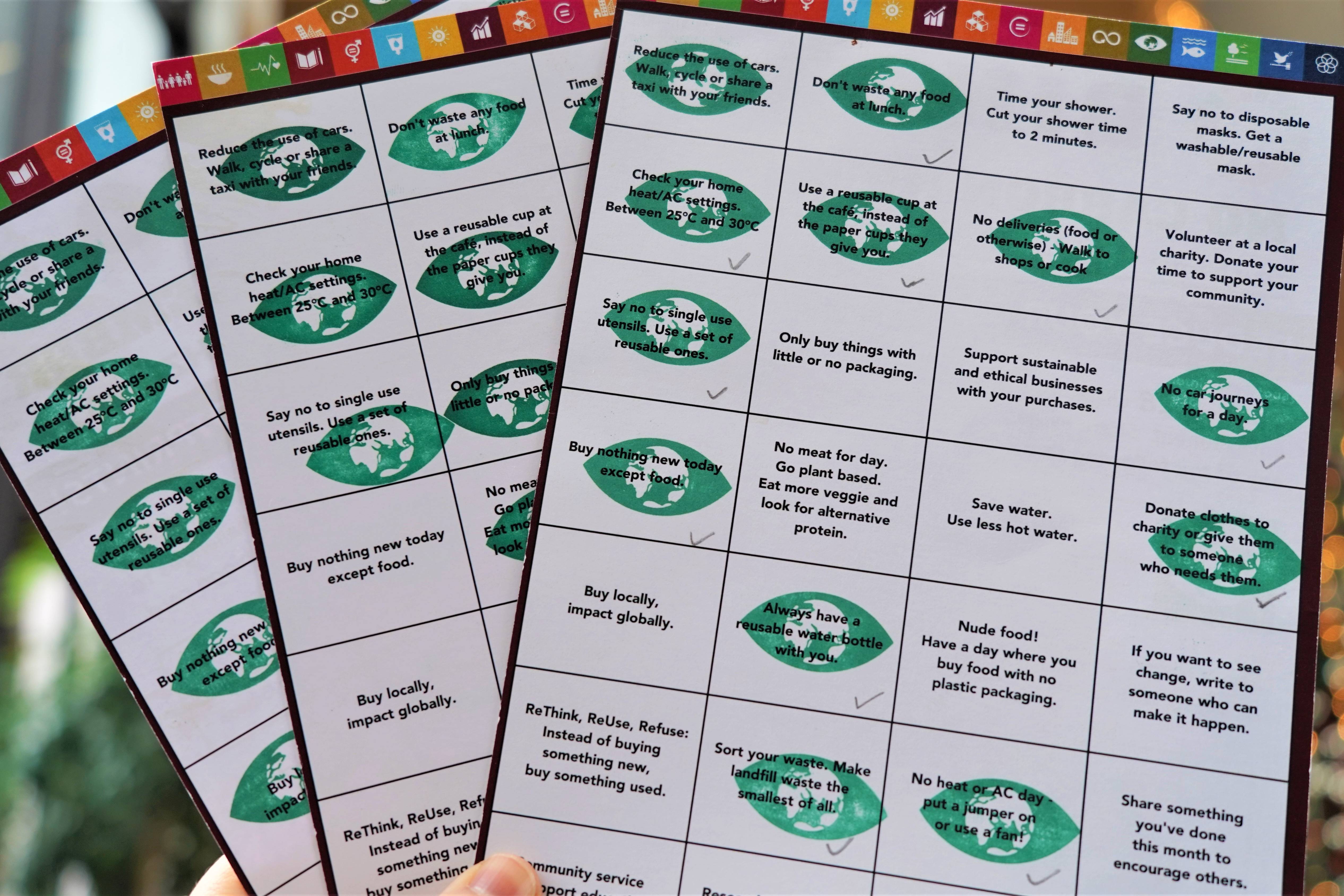
To help all staff and students know about what small changes can be made to reduce our carbon footprint, a Bingo Challenge was launched.
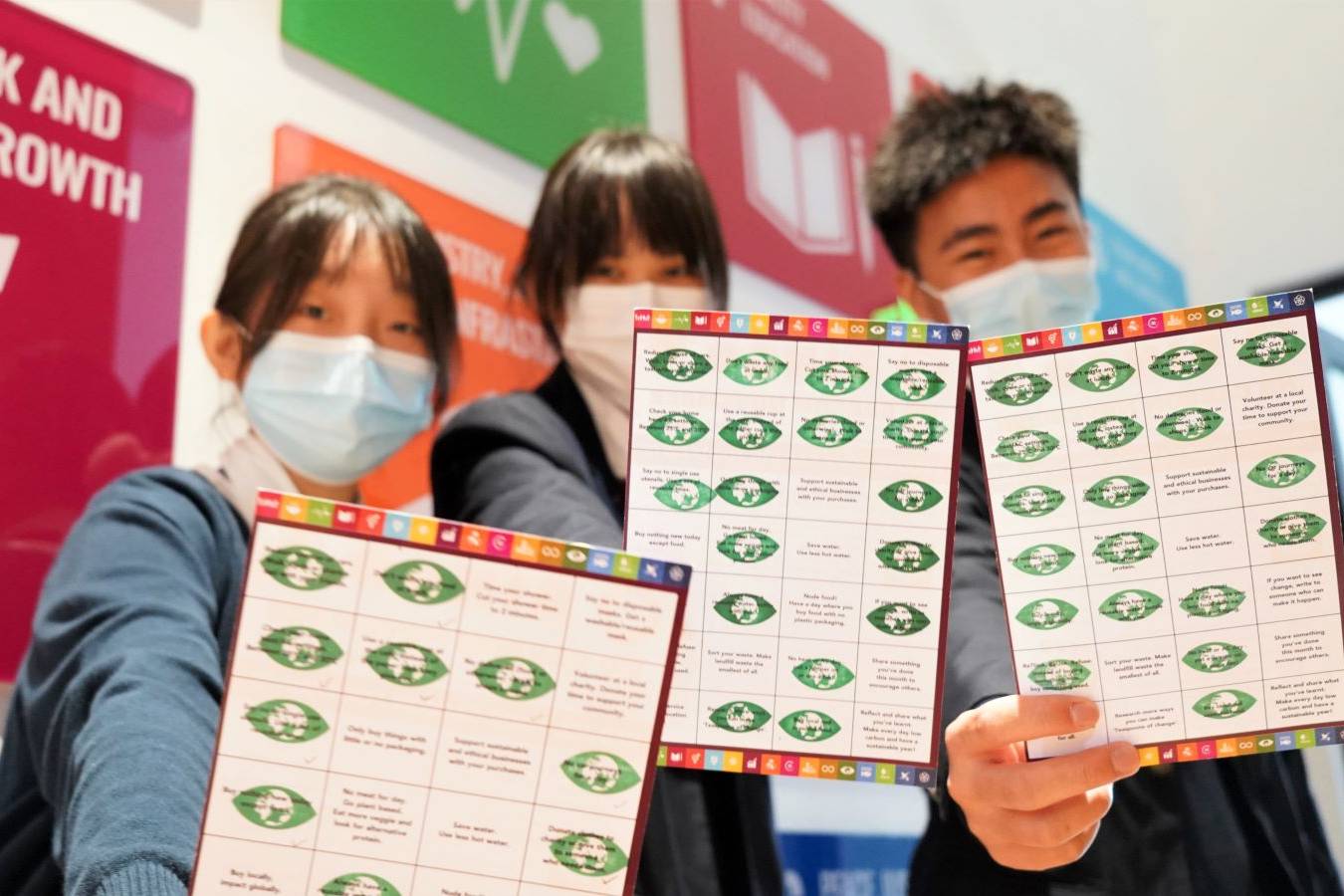
A total of 28 Daily Carbon Reduction Activities were laid out in a 7x4 format on a small card, on which students and teachers could win House Points by collecting Climate Action stamps following the campaign rule.
Tutor Time Carbon Quiz
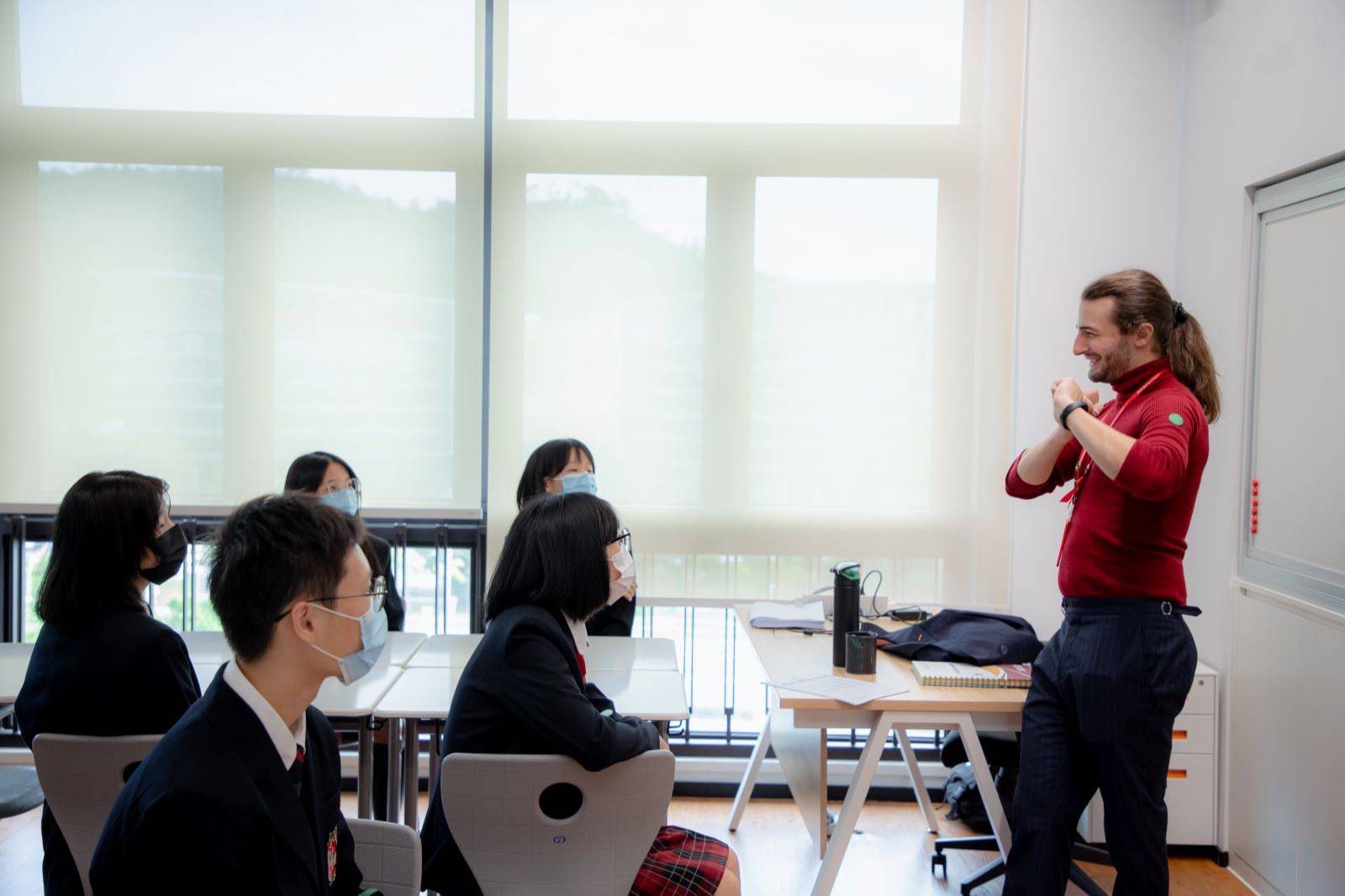
- Do you know which raw material is most used in the world in terms of volume (after water)? Oil, Sand or Wood?
- Sand and gravel are mostly used in construction in things like concrete, glass, asphalt and electronics. The best kind of sand for construction is often found in rivers and lakes, and the mining of it is often unregulated and causes huge damage to these ecosystems.
(Source: Gapminder.org)
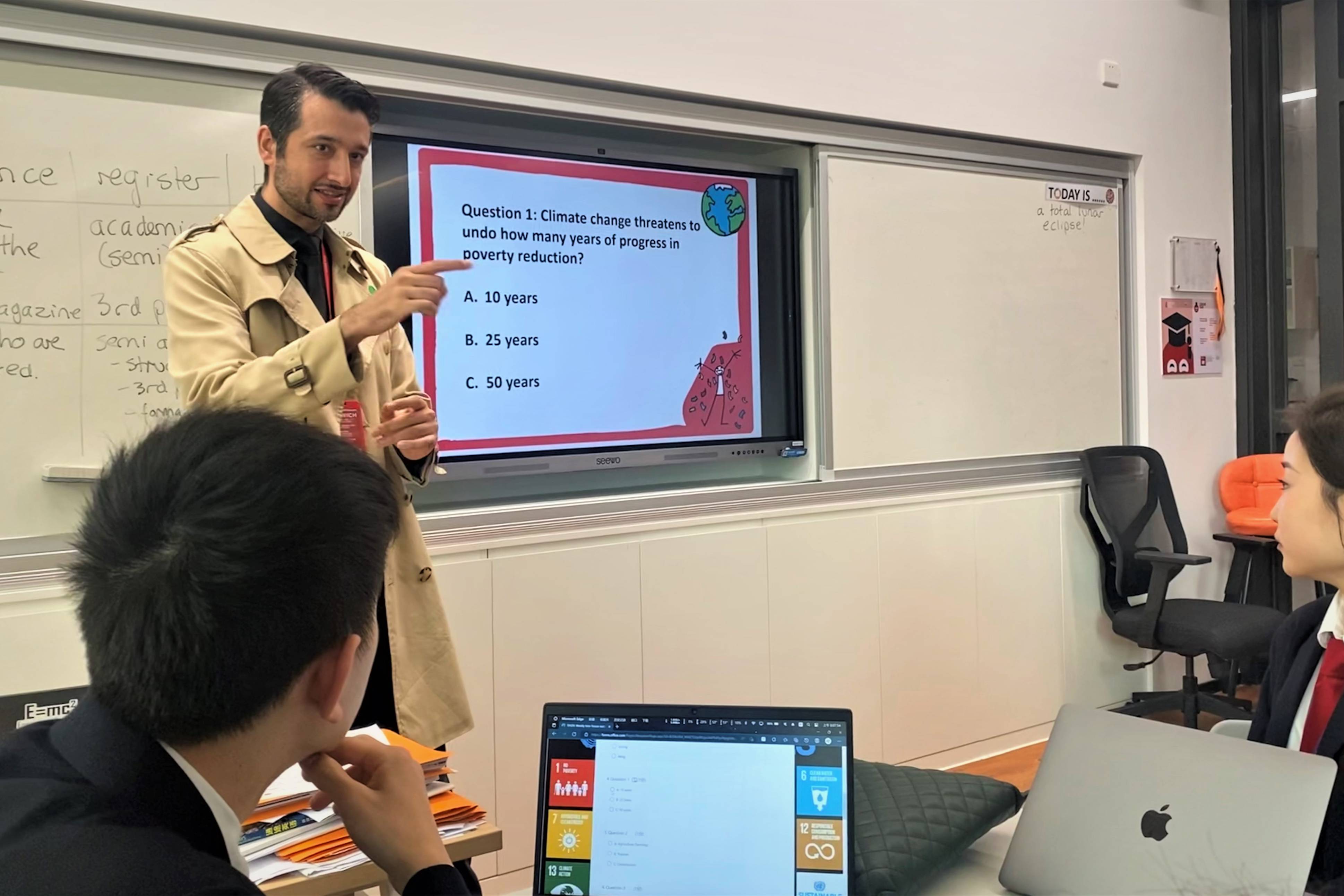
Referring to data from the United Nations (the UN) and online resources, a Weekly Carbon Quiz was conducted during tutor time to inspire the students to think about what we take for granted, as well as the zero-waste lifestyles and everyday hurdles to reduce carbon footprint.
Some of the topics were further explored in their subject lessons, such as in Science, Economics, Humanities and English.
ECONOMICS
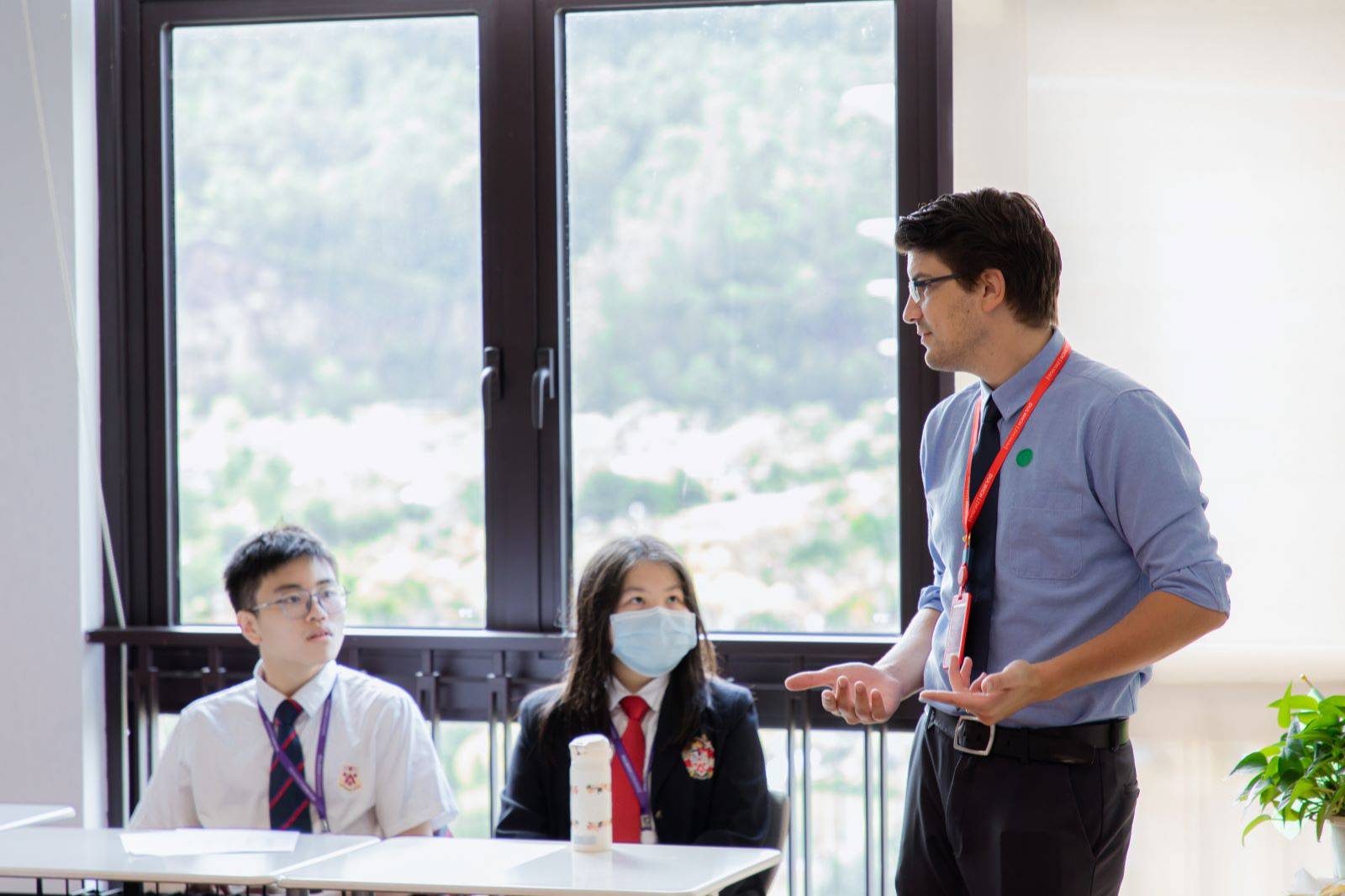
The allocation of scarce resources was the key focus in Economics lessons during the month. For instance, by exploring how different market systems can fail to address the social optimum allocation of resources, students were able to anaylse some vital forms of government interventions, in markets and discuss how these interventions might fail to achieve certain carbon reduction targets.
The Bingo Card itself also brought awareness to the idea of external benefits, which can be hard for students to conceptualise. By providing the stamps and House Points for the active consumption of daily challenge, which led to positive externalities.
PHYSICS
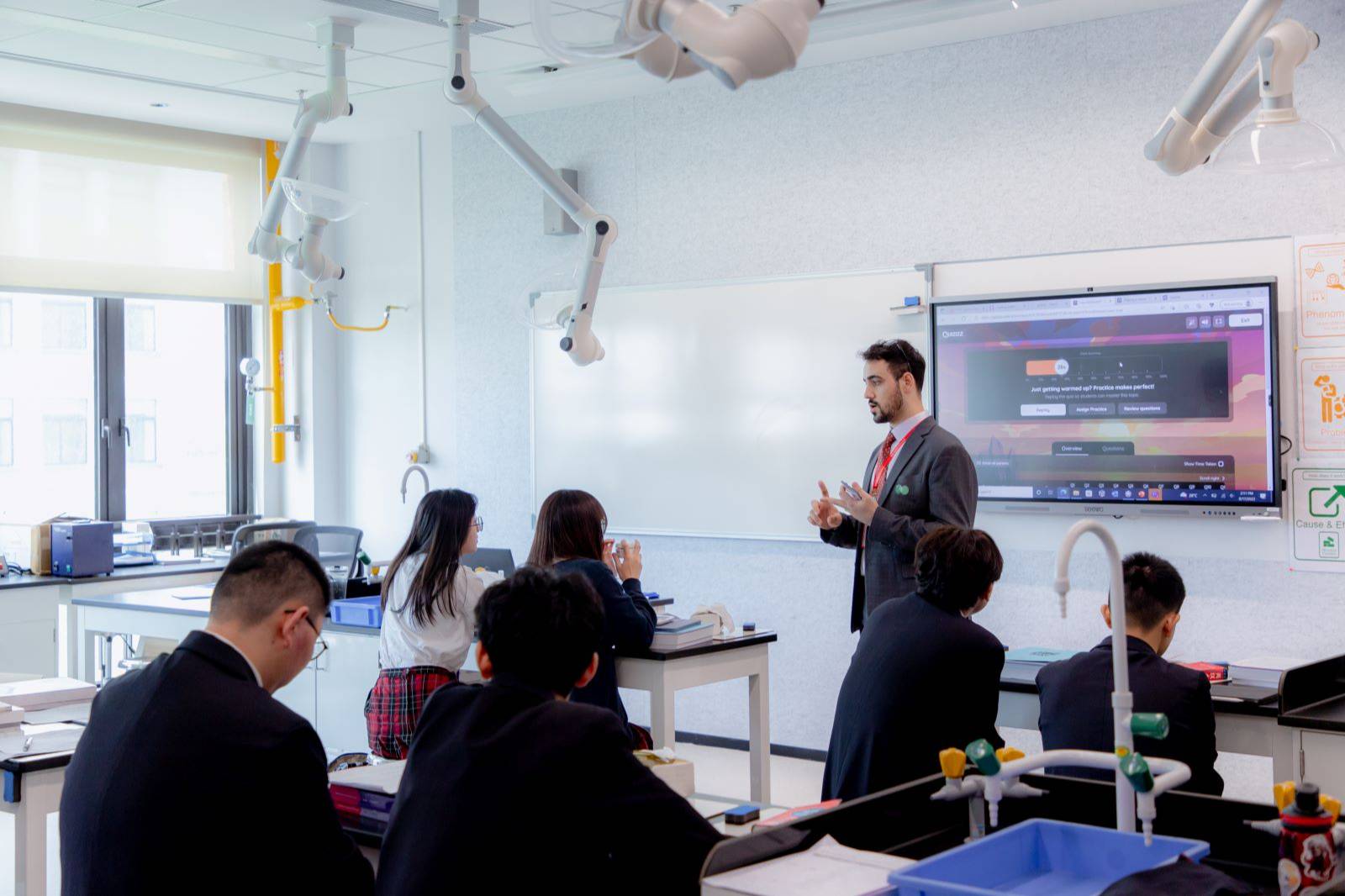
Students in Physics lessons were engaged in a series of activities on sustainability topics in the month, such as energy resources, conscious energy use and the future of energy for countries and for the whole globe. These covered:
- an implementation proposal to the energy sector in Zhuhai to explain some of the topics studied in the classroom and give a few ideas to expand and consolidate a more environment-friendly energy mix in Zhuhai city and in the Guangdong Province
- energy mix prediction and comparison of several countries and areas, based on their available natural resources
- discussion on feasible solution for the population with no access to electricity
- study on the China’s 2060 Carbon-neutral plan to learn more about the complete elimination of fossil fuel emissions, and the most challenging parts for implementation
ENGLISH
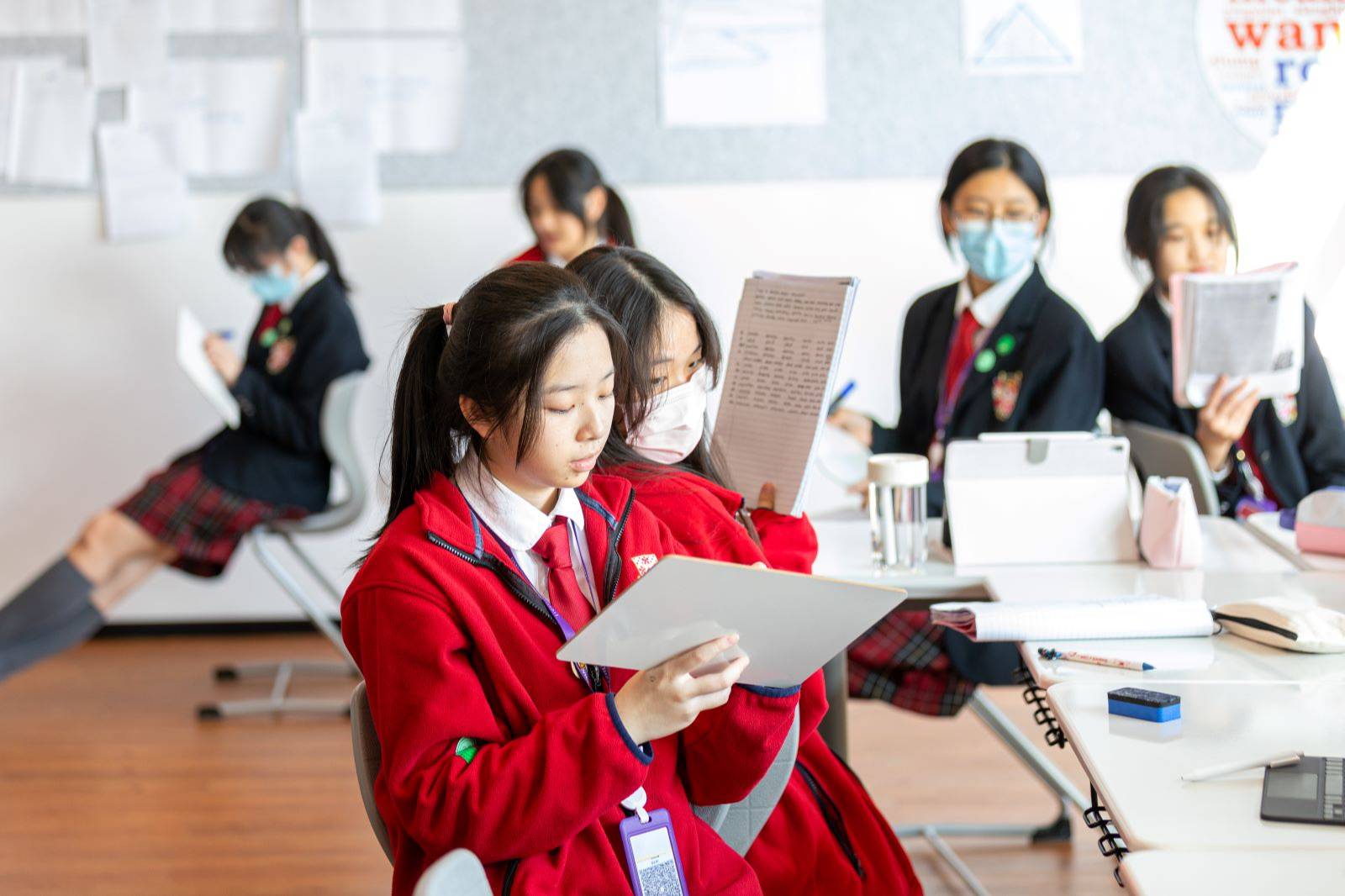
Discussion and inspiration on climate change also spread among Y10 students.
Taking part in an English haiku challenge around the topic and the Bingo Challenge, Y10 students learnt to improve their language skills in a new format, under a global context of sustainability.
A selection of brilliant pieces as follows:
1. Oasis Ship
Boat in the desert
Leaving roads covered with grass
No more pollution
by Yuki Z
2. Global Warming
Please protect the earth
Break the global warming curse
Let’s save penguin tears
by Peter D and Carti K
3. Help, save, love
Earth, green, hopelessness
Plastic in the ocean, death
Smog in the sky, dark
by Zoe H
4. What is that?
What are those white things?
Are white clouds or white icebergs?
Actually it’s plastics.
by Susie L
5. Trees
Paper is precious
Beautiful, gentle giants
Try to plant a tree
by Leo C, Tommy L, Liam P and Mr Cao
Recycling collection
Recycling is an important part of reducing our carbon footprint, but not everything is recyclable.
The Art Department hosts a House competition on sustainability this academic year, focusing on reusing recycled items to recreate art. Students and staff were encouraged to donate recyclables in different categories, maximising the collection of recyclable waste for the creativity to bloom.

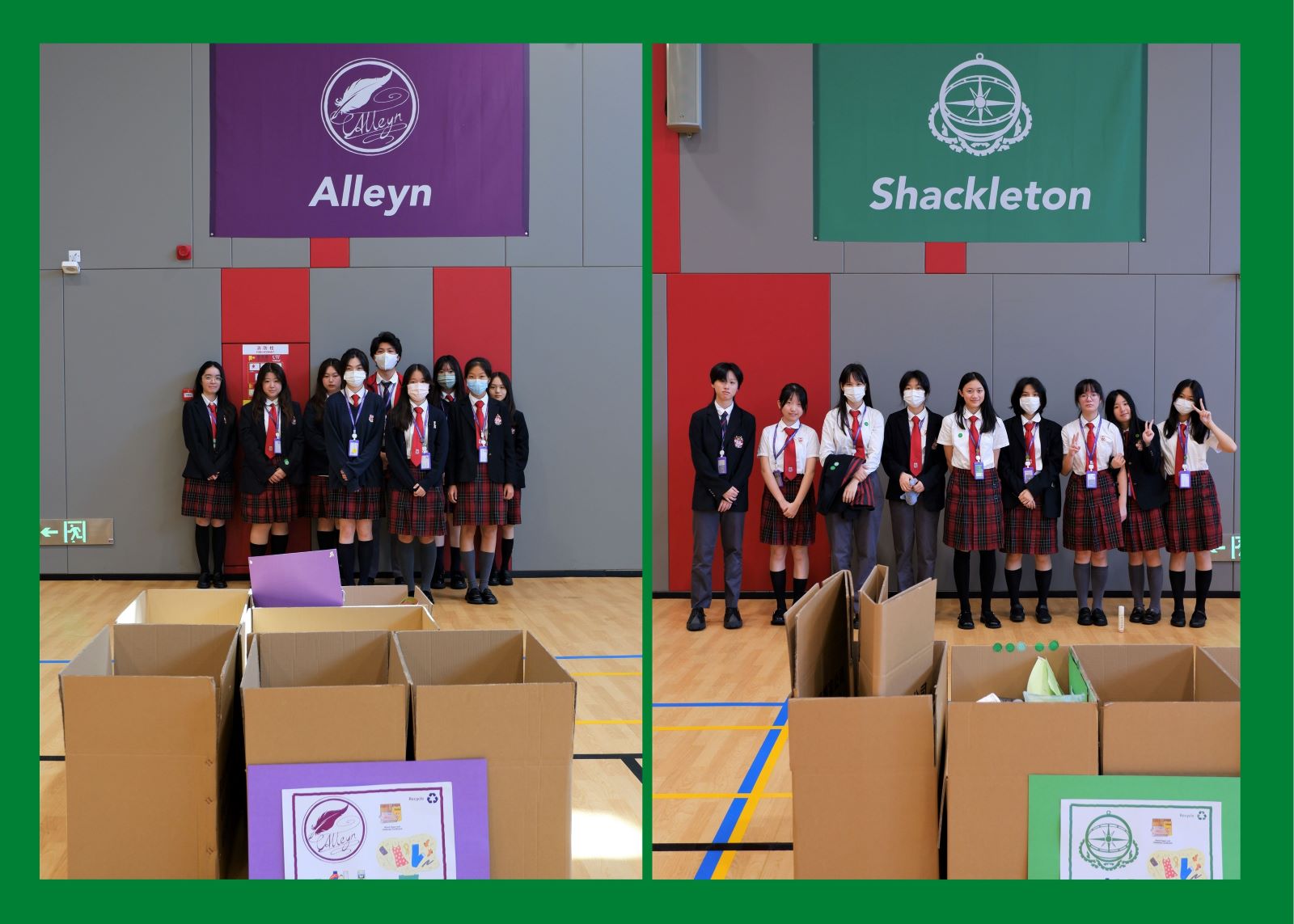
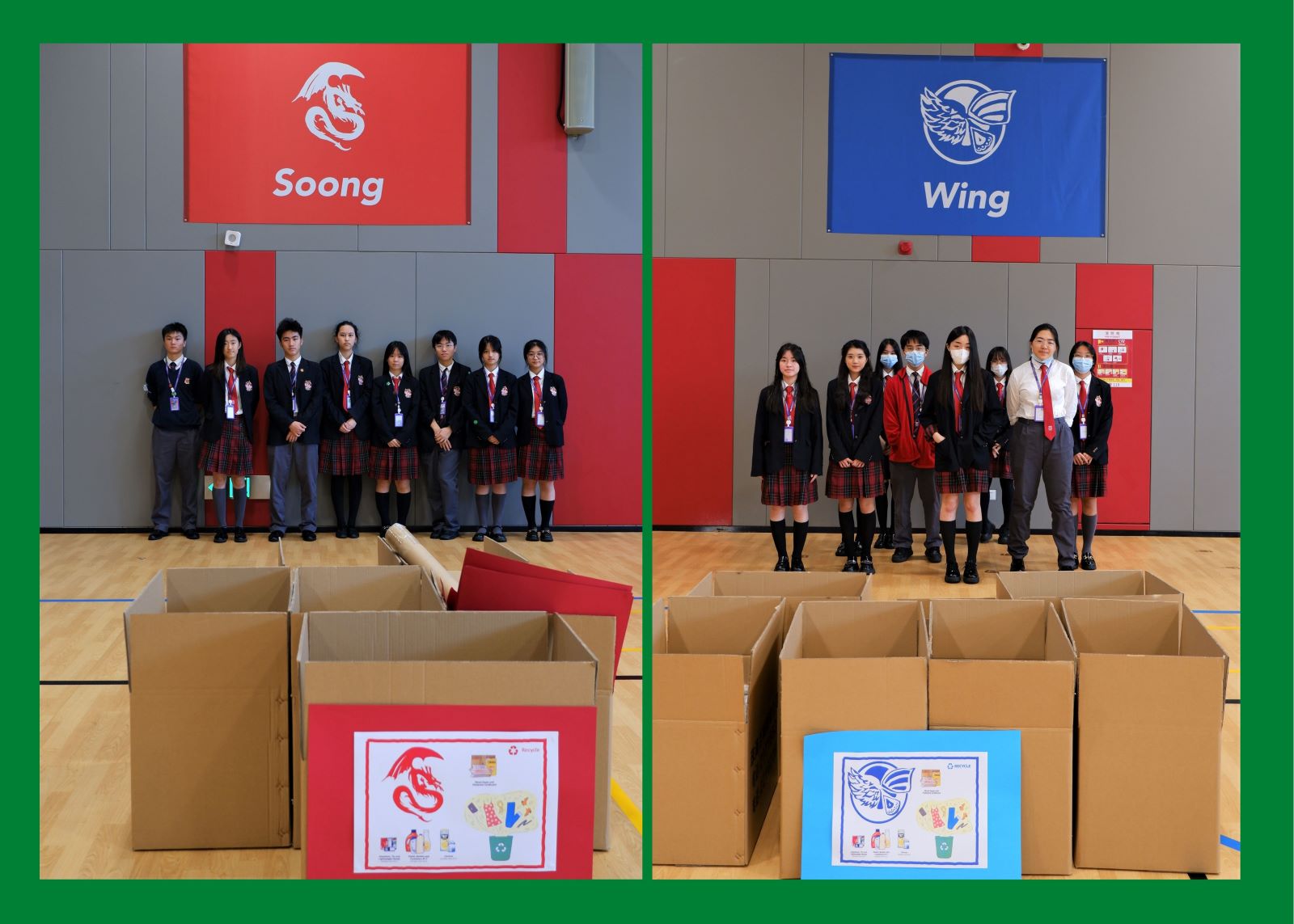
Prior to the No Carbon November campaign, Dulwich Zhuhai officially launched its Global Citizenship Competencies to the community with an introduction during whole-school assemblies and campus decoration. We are continuously embedding sustainability and global citizenship in our daily teaching and learning activities, as well as educational discussion.
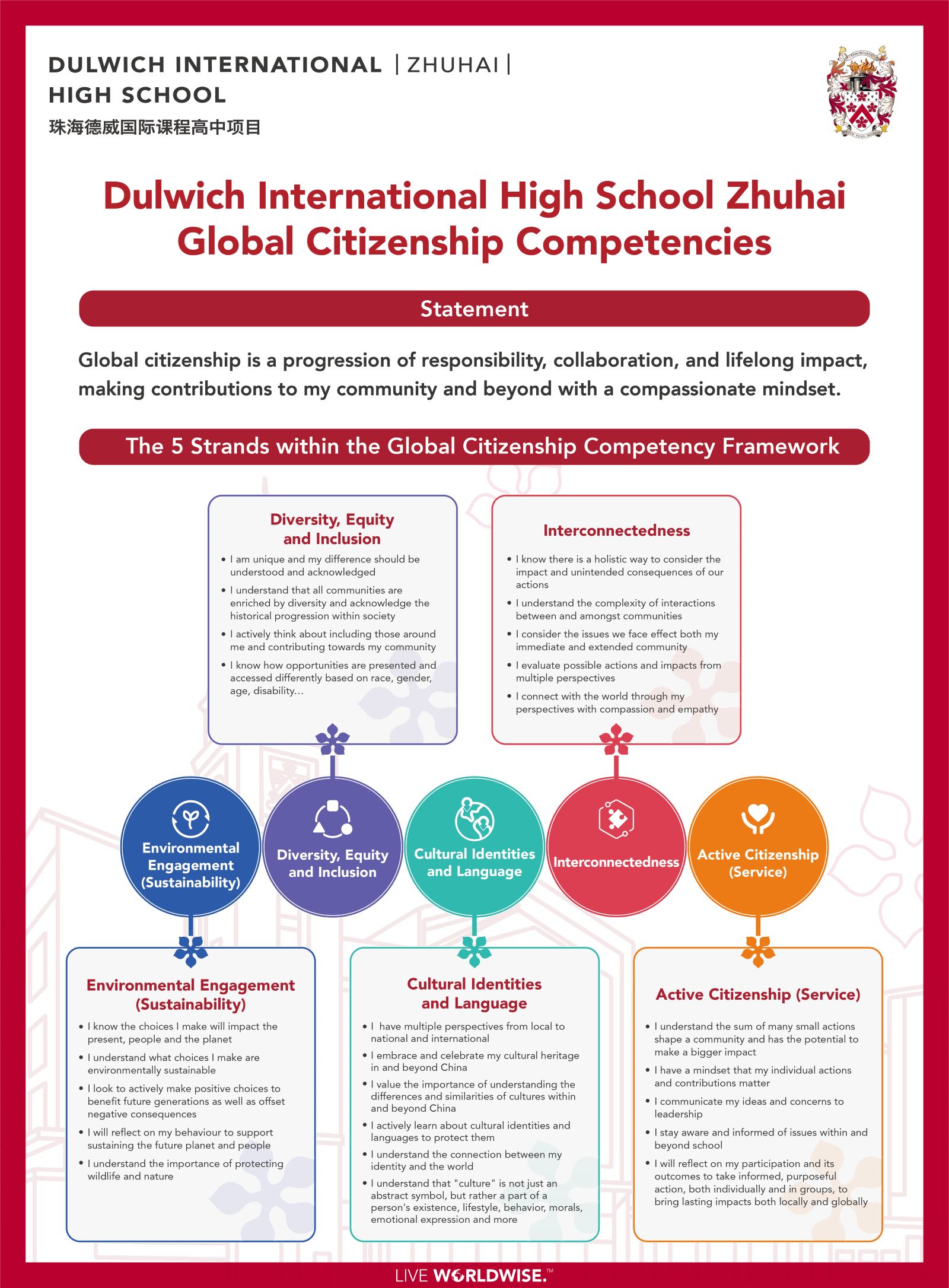
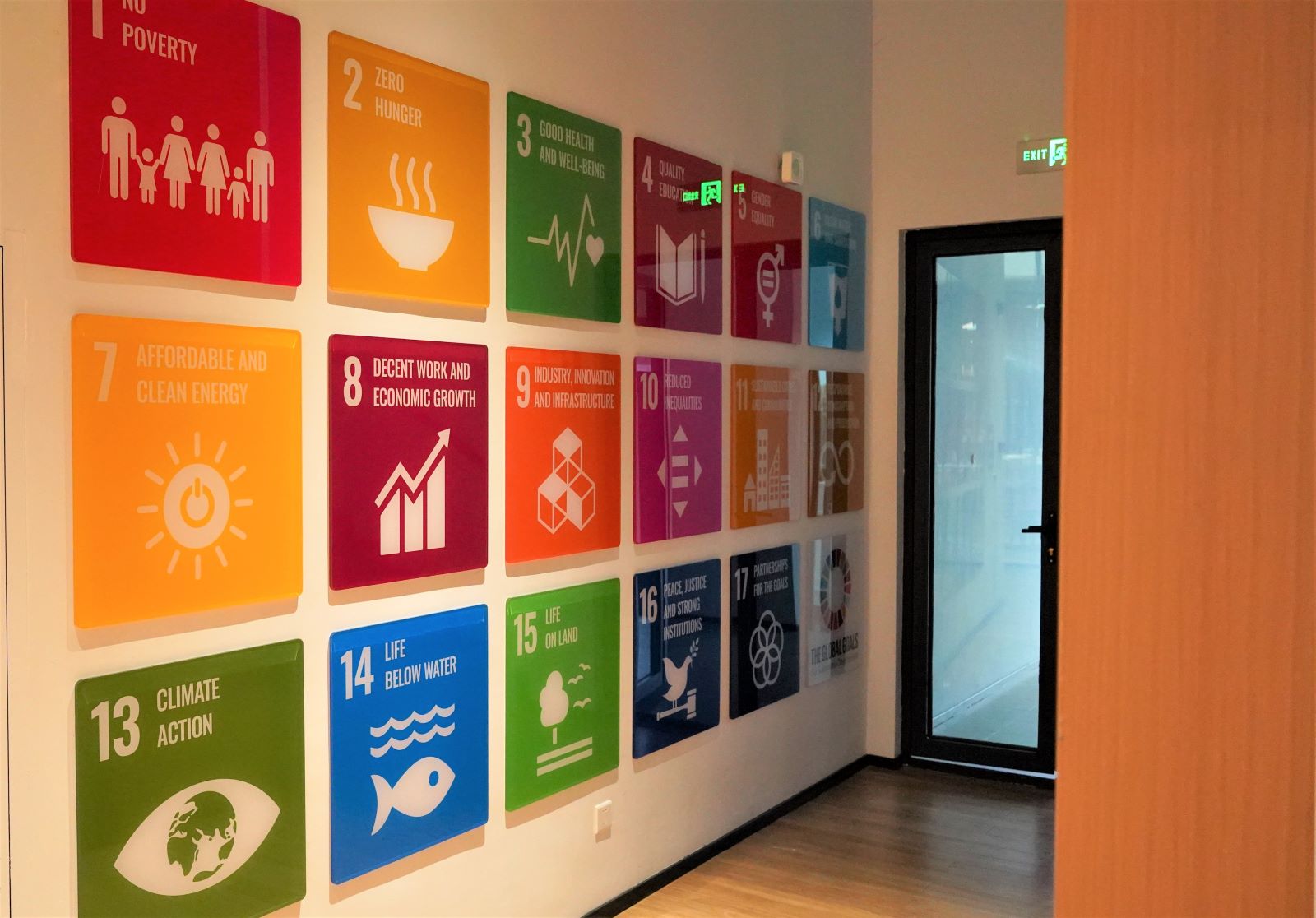
Every small action counts, and these conversations must continue as November ends.





